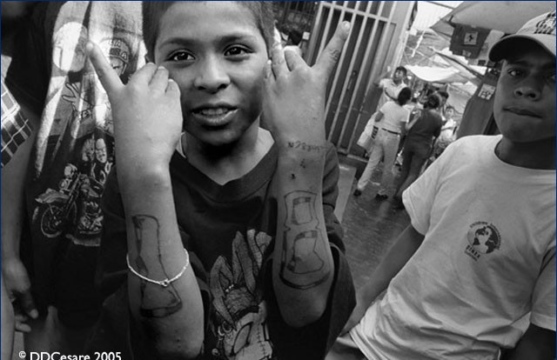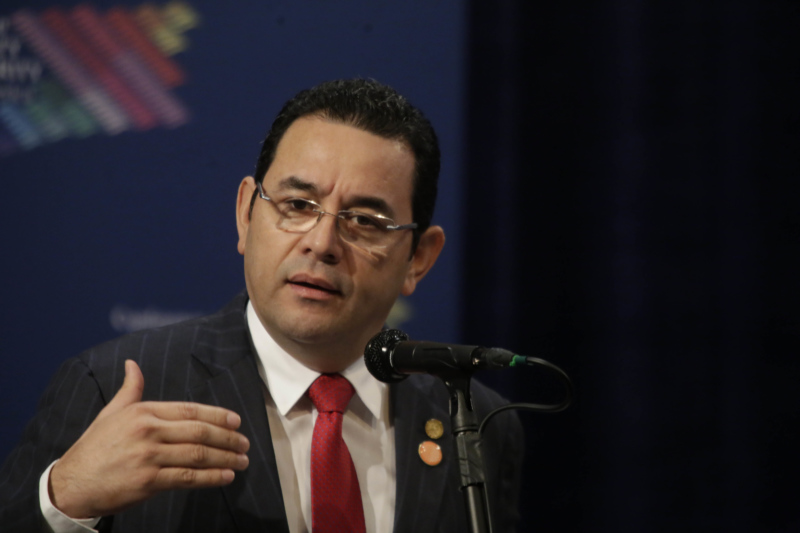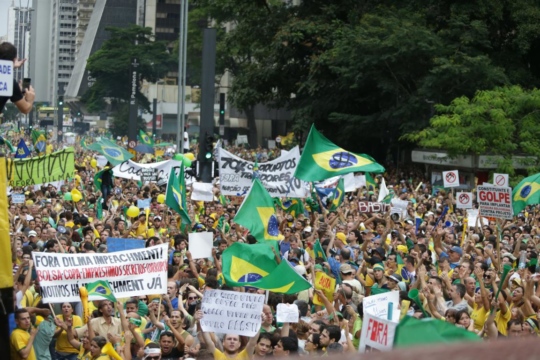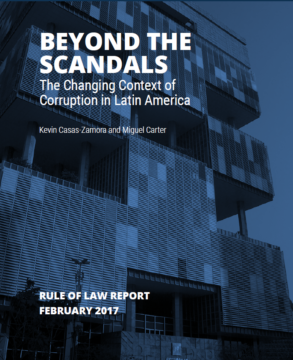
Can the UN Win the Battle Against Impunity in Guatemala?
Should CICIG’s mandate be extended? What factors are shaping the debate, and what will most likely be the outcome?
It’s not every day that a purportedly friendly foreign nation tries to intimidate the United States by dispatching a fleet of military vehicles to the U.S. Embassy. It is rarer still for the vehicles in question to have been donated by the United States itself and diverted from their intended mission of combatting crime and narcotics trafficking. And it is perhaps unprecedented that such a turn of events would elicit only a tepid response from the U.S. government, followed a short while later by the transfer of additional military jeeps to the foreign government in question.
To say that the Trump Administration’s approach toward Guatemala has taken some bizarre turns in recent months is something of an understatement. At the root of the U.S. policy whiplash is a dispute between Guatemala’s unpopular lame duck president Jimmy Morales and the country’s UN-backed anticorruption watchdog, the International Commission against Impunity in Guatemala (CICIG). Created in 2007 to buttress Guatemala’s police, prosecutors and judges who were being overrun by organized crime, it has saved Guatemala’s democracy on more than one occasion—uncovering a Hollywood-style suicide plot before it could bring down former President Álvaro Colom and uncovering the customs fraud scheme that sent his successor Otto Pérez Molina to jail. Stirred out of their cynicism with politics as usual, Guatemalan citizens rallied en masse to support CICIG and demand an end to corruption.
It is no exaggeration to say that Morales, a political novice and former professional comedian, came to office largely thanks to CICIG, and he began his tenure as a strong supporter. That the president would turn on CICIG when it launched investigations against him and members of his family is hardly surprising. That the Trump administration would break with longstanding bipartisan support for CICIG and tacitly endorse Morales’ efforts to expel the commission came as more of a shock.
For an administration with an almost singular obsession with preventing unauthorized immigration, the attractiveness of an institution that enhances law and order in a principal country of origin for migrants might seem self-evident. Indeed, the Trump administration initially lauded CICIG.
As Morales escalated his fight with CICIG in 2018, however, that changed, in some cases for reasons that appeared to have little to do with the commission itself. Nikki Haley, the then-U.S. Ambassador to the UN, was reportedly impressed by Morales’ decision to move Guatemala’s embassy in Israel to Jerusalem. Senator Marco Rubio, who arguably has the greatest influence on Trump’s Latin America policy, successfully convinced Morales to reject the overtures of China and preserved Guatemala’s recognition of Taiwan. Some Republicans in Congress, including Rubio, bought into a conspiracy theory that CICIG had been infiltrated by Russia in order to persecute a family of Putin critics who purchased fraudulent Guatemalan identities and passports—even after Trump’s own State Department debunked the theory. Efforts to discredit CICIG were aided by a six-figure lobbying campaign financed by a group of Guatemalan business and political elites, some of them implicated in CICIG investigations.
Should CICIG’s mandate be extended? What factors are shaping the debate, and what will most likely be the outcome?
The emergence of this new normative edifice in favor of transparency and accountability is one of the most important, yet unsung, stories of the consolidation of democracy in Latin America.
What plausible explanations are there for the unprecedented, anti-corruption social and institutional reactions recently seen in Latin America?
 Presidencia El Salvador / CC0 1.0
Presidencia El Salvador / CC0 1.0

